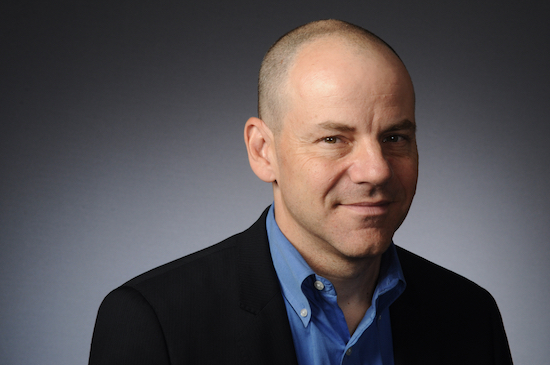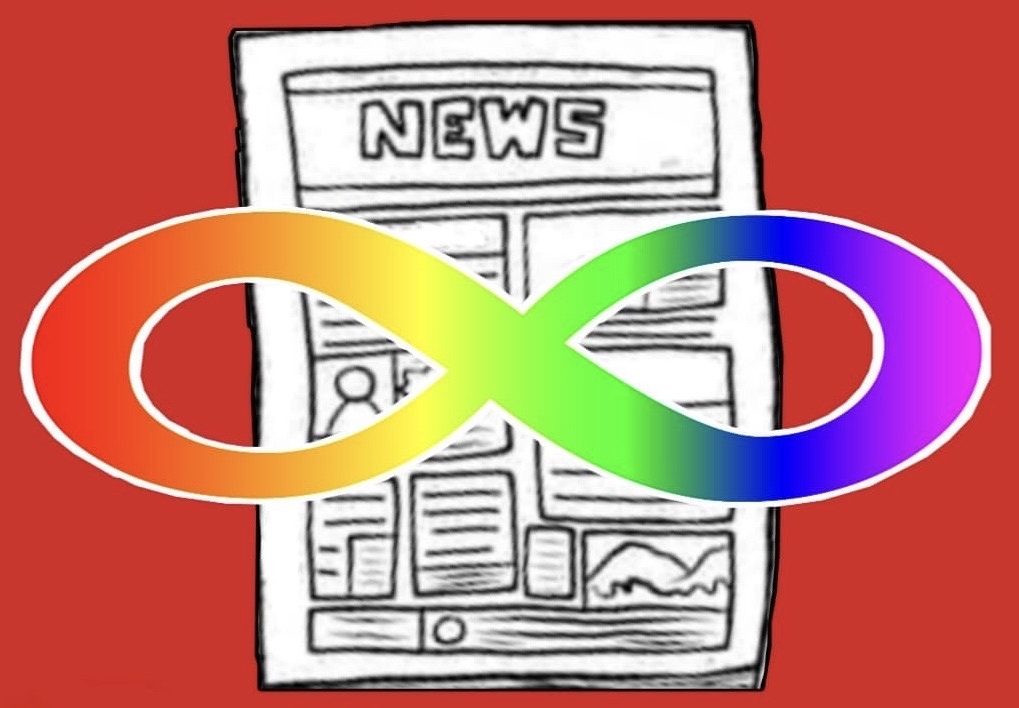
Today, Neurodiversity News has interviewed Michael John Carley, who is the founder of GRASP (Global and Regional Asperger Syndrome Partnership).
Neurodiversity News: Tell me about yourself and what you do.
Michael John Carley: For 20 hours a week, I’m the Consultant for Disability Inclusive Culture at NYU, and in my other hours I consult for others, and do a lot of writing. I also have a private “peer mentoring” practices Mondays only.
NN: Could you tell me about the process of founding GRASP and how the organization is doing these days?
MJC: Like anyone would, I was a sponge for any info on the spectrum after my son and I got diagnosed in 2000. In Manhattan there was a support group for autistic adults that was run by a kindly grandfather of an autistic kid. I went to listen, and after two sessions a woman who organized the group came up to me and asked, “Harry’s stepping down. Would you take over the group?”
At the time, I was doing a project in Iraq for work and didn’t know if I should. But Phillip Snyder-jiminez agreed to run the meetings with me (so I could be absent at times). Phillip bowed out early, but whether Philip or I, because the group was now run by someone who actually had the condition, the average meeting attendance went from 6 to 40, the database of folks who got meeting announcements went from 15 to 455, and people saw that we’d “struck some kind of nerve.” Support groups are passé now, but back then people didn’t want to deal with adults on the spectrum, and didn’t think we were capable of organizing, and holding our own meetings.
I started getting a lot of speaking engagements because of what we were doing, and the idea for a membership organization that had peer-run support groups all over the world was staring us in the face. Phillip and I sat in my apartment with additional autistics, Karl Wittig, Michael Madore, and Allen Markman, and drew out plans for what the org would look like. But it was all speculative until the Fund for Social Change’s David Tobis (who would later join the board) approached me after a gig at the NY College of Medicine and asked, “What’s your pipe dream for an organization? We’ll give you startup funding.” I actually said no because the implication was that I would be the Executive Director, and I knew from the position I held at the time with Veterans for Peace (VFP) that I was not a great fundraiser and VFP had gone through something like 5 Executive Directors in 5 years. But Tobis said, “We’ll give you a Fellowship to make you a better fundraiser.”
And that was our start. We succeeded thereafter into 28 global chapters and over 24,000 total members mainly because of philosophies of “partner, partner, partner” (with local parents and research orgs), and the fact that it was the right idea at the right time.
NN: You and Ari were the only self-advocates to testify before Congress in this video. What was it like being there, and what was the aftermath?
MJC: God, what a day…the vaccine folks kind of beat us to death.
Well, the event of first-ever Congressional hearings on autism was a big one, as I’m sure you can imagine, and we had lots of folks on the spectrum who wanted to come and sit in the back. But unfortunately, the vaccine theory folks got on line for seats at 4 a.m. So they got all the seats behind us, the speakers, and our spectrum folks were ushered into a back room. This is important because if you watch certain hearings on C-Span, the people sitting in the back get to make disgusted faces and shake their head at the points made by the speakers they don’t like (like Ari and me, who wanted nothing to do with “vaccines cause autism” ideas). Whereas supporters could clap, smile, and nod their heads.
Before speaking, we had to endure CDC officials being berated by vaccine-theory believing congressmen and women—NOT bright or good people—for over 3 hours. It really makes you lose your faith in government also to see that our representatives didn’t even sit to listen. They’d just enter, whisper a request to speak from the Chair, wait for their moment, let the CDC officials yell into the camera, and then leave. C-Span cameras don’t show the empty seats we see and stare at as speakers.
By the time I spoke, I was so disgusted with how the hearings, in 2012, were all about vaccines (when in my mind, the issue was dead and buried by 2007). I think it showed in my remarks…But to be fair, I was almost equally disgusted by the total lack of pushback from the CDC officials.
So the event is over, I go up to vaccine-theorist luminary, Katie Wright, whom despite our massive disagreement, I was friendly with, and whispered “You kicked our ass today”…I get on a plane to Kansas where I have a speaking gig…I get in the rental car and have my only experience of blasting “death metal” (it’s really not a type of music for me, but the hearings had been THAT frustrating of an experience)…get to my hotel…open my email…and I’ve got at least 500 emails from people who watched, showering me with love. I’ll never be able to tell you what that felt like.
NN: Since you discovered you were autistic later in life, how has that affected you personally?
MJC: So many ways…As a father, I took “C.C.,” aged 4, on a walk through the Brooklyn Botanical Gardens every day for a month after his and my diagnoses together, just to process what the diagnosis meant. I think that month, I re-examined every event of my life under this new lens. Past heroes didn’t look so heroic anymore. People that I thought had been mean to me had actually been trying to challenge me because it was THEY who believed in me…it was a wild ride.
And while half the people I knew until then thought of me as an asshole, and the other half thought of me as a “tell it like it is” guy, I’d always felt that neither side got me at all, but that I’d certainly prefer to spend time with those who thought I was just direct. The diagnosis told me that my differences lay in my wiring, not in my character. That’s a biblical weight off your shoulders.
NN: Who are your greatest inspirations?
MJC: As a kid, Jackie Robinson, Michael Collins, maybe Edward Shackleton a little later. But I really tried more to emulate fictional characters, like “Zorba the Greek,” or Tintin, Siegfried, or as a really young kid, Bugs Bunny. My father, and his death in Vietnam, has to be considered a major influence too, whether I knew him, hated his war or not. He was willing to die for what he believed in. Whether or not I agreed with what he believed in almost didn’t matter to me. I just wanted to be that brave.
NN: What do you hope to achieve in the future?
MJC: Short-term? To continue at NYU in building an example for other universities to emulate—be it because our work has inspired them or shamed them—doesn’t matter which. And then maybe a giant grant to go present all over the world for the rest of my career lol…wouldn’t that be nice???
But long-term, that the need for what I do goes away. Non-profits often forget that their greatest goal is not a ten-million-dollar budget; it’s their own abolition. The day in which society has actualized real inclusion.
NN: Would you be able to elaborate on how you would like for NYU to build an example for other universities to emulate?
MJC: My position, directing “Diversity Inclusive Culture” on all NYU global sites, doesn’t exist at any other university. It preaches that folks like us are assets, not problems, by focusing on inclusive culture and not just accommodations. So if we do it right, others will have to follow.

NYU presented an excellent opportunity to further the cause you brought. This will be so helpful to all who are unique humans. I wish you blessings to further this effort at all universities, and in all areas where it is needed so badly.